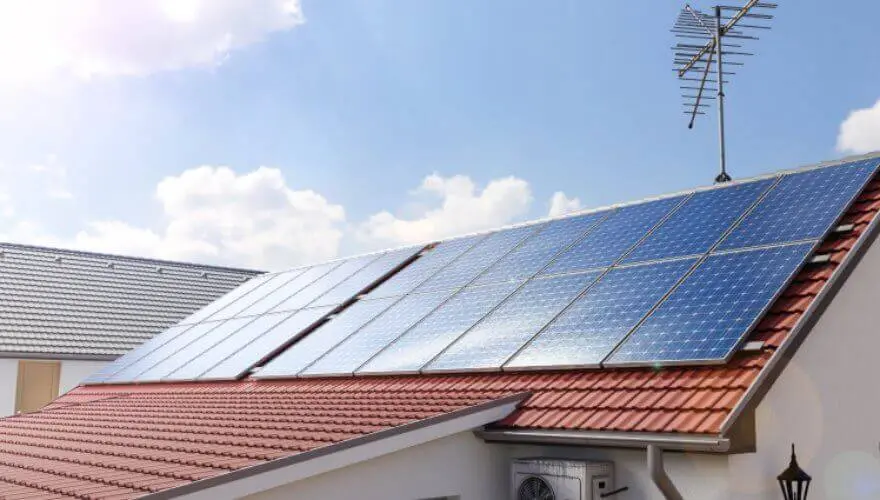In recent years, energy costs have risen steadily, making homeowners look for alternative ways to power their homes. One of the most effective solutions is residential solar installation. By converting sunlight into electricity, homeowners can reduce reliance on traditional power grids and take control of their energy needs. Residential solar installation not only offers financial benefits but also contributes to a more sustainable environment.
Understanding Residential Solar Installation
Residential solar installation involves placing solar panels on your home, usually on the roof, to capture sunlight and convert it into electricity. This electricity can power lights, appliances, and other devices in your home. A properly designed system can meet a significant portion, or even all, of your household’s energy needs. Along with solar panels, a solar installation often includes inverters and batteries to store and manage electricity efficiently.
Reducing Dependence on the Grid
One of the main advantages of residential solar installation is the reduction in reliance on traditional electricity grids. When your home generates its own energy, you become less affected by power outages and rising utility costs. This energy independence allows homeowners to manage their electricity use more effectively and gain stability against fluctuating energy prices. Over time, this can lead to significant savings on monthly electricity bills.
Environmental Benefits of Solar Power
Using solar energy through residential solar installation also has a positive impact on the environment. Solar power is a clean and renewable energy source that produces no greenhouse gas emissions. By generating electricity from sunlight, homeowners reduce their carbon footprint and help decrease air pollution. Choosing solar energy demonstrates a commitment to sustainable living and contributes to the global effort to combat climate change.
Long-Term Financial Savings
Investing in residential solar installation can also lead to substantial long-term financial benefits. Although the initial cost of installing solar panels may seem high, many homeowners find that the system pays for itself over several years through reduced energy bills. In addition, some regions offer incentives, tax credits, and rebates for solar installations, making it more affordable. Over the lifespan of a solar system, homeowners can save thousands of dollars while increasing the value of their property.
Energy Storage and Reliability
To maximize energy independence, residential solar installation can be paired with battery storage systems. These batteries store excess energy generated during sunny days and provide power during nighttime or cloudy periods. This feature ensures that your home remains powered even when the grid is unavailable. Energy storage adds flexibility and reliability to your solar system, giving homeowners peace of mind and further reducing dependence on external energy sources.
Supporting a Sustainable Lifestyle
Residential solar installation encourages a more sustainable lifestyle by promoting energy efficiency and conscious electricity use. Homeowners are more likely to monitor and reduce unnecessary energy consumption when they generate their own electricity. In addition, solar power supports other green technologies, such as electric vehicles and smart home devices, which further enhance energy independence and reduce environmental impact.
Choosing the Right Solar System
Selecting the right residential solar installation is crucial for achieving energy independence. Homeowners should consider their energy needs, roof space, local climate, and available incentives when planning a solar system. Working with a reputable installer ensures that the system is properly designed and maintained for optimal performance. A well-planned installation can provide reliable energy for decades, offering both financial and environmental benefits.
Conclusion
Residential solar installation is an effective way to achieve energy independence while saving money and protecting the environment. By generating electricity at home, reducing reliance on the grid, and incorporating energy storage solutions, homeowners can take control of their energy future. With long-term savings, environmental benefits, and enhanced reliability, investing in residential solar installation is a smart and sustainable choice for any modern household.









